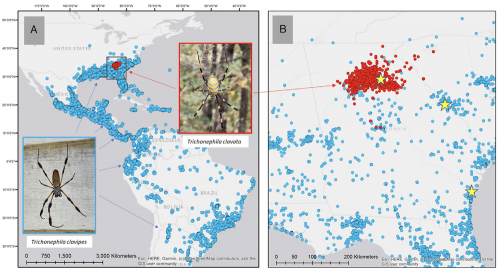Temperatures have been in the positive degrees centigrade for much of this week, and we’ve started seeing a few spiders outdoors. It’s time for them to start emerging and filling the world with their terrible beauty. Making me king is entirely optional.






